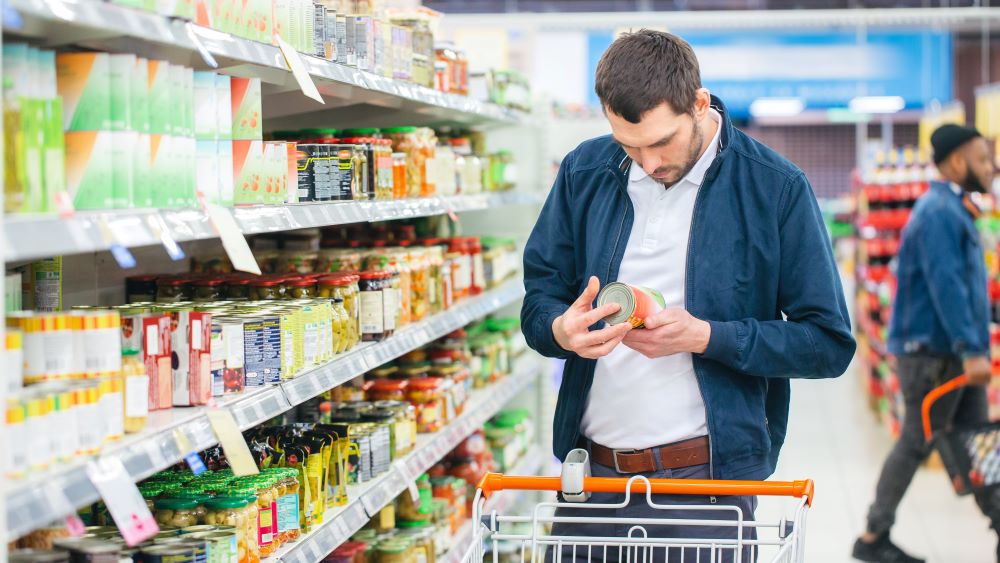
New concerns have been raised that the next phase of the Border Target Operating Model (BTOM) – which begins two weeks from today on 30 April – could cause food shortages, according to reporting by the Guardian, while port operator representatives have warned that the government is not providing sufficient data for private port operators.
The Institute of Export and International Trade (IOE&IT) offers support for those preparing for BTOM here alongside a whitepaper on the measures.
Food fears
Phil Pluck, the chief executive of the food supply chain trade body, the Cold Chain Federation (CCF), told the Observer that “many smaller cold-chain UK warehouses and distributors found the administration too onerous and ceased to operate” when new rules for the sector were introduced in 2021.
He added that “the effect on both European partners and UK firms may be similar” when the next phase of BTOM comes into effect. It comes after an Allianz Trade report last week found that the new rules could add £2bn in costs to UK business.
Fresh Produce Consortium chief executive Nigel Jenney also spoke on the new measures over the weekend, stating that the government has failed to make use of the UK’s 41 privately-operated border control points (BCPs) to help cut costs for food importers. They will be forced to use the Sevington inland processing facility because those at government BCPs do not work overnight, Jenney suggested.
“We need those control points to be serviced by government officials to inspect the hours of trade our industry works. We need that done within days. Because we have had several major exporters simply saying: ‘On this basis, the UK is too complicated to trade with. I won’t do it.’”
Government ‘scratching its head’
Politico’s Morning Trade newsletter reported yesterday that private BCP operators are not receiving access to the data needed to perform inspections at all.
Nichola Mallon, of trade body Logistics UK, described how the organisation had made requests to government for information from the Import of Products, Animals, Food and Feed System (IPAFFS), but that these requests had not been answered.
Mallon argued that commercial ports require this information “so they can understand which loads contain sanitary and phytosanitary (SPS) goods eligible for checks at BCPs”.
A similar failure to answer requests for IPAFFS information was also reported by the chief executive of the British Ports Association, Richard Ballantyne, who said that ports “have no idea how many SPS goods are being transported through their port as well as who to invoice a blanket charge”. Government, he said, was “scratching its head and not really sure what to do”, which he called “very frustrating”.
A government spokesperson did not reply directly to the claims around IPAFFS data, but said:
“Our world-class border facilities will provide essential biosecurity checks to protect our food supply, farmers and environment against costly disease outbreaks entering the UK through the short straits.”

